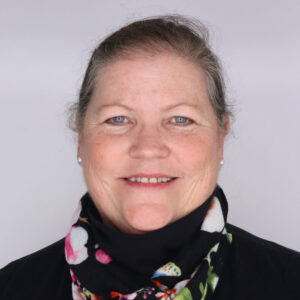Jill Newton
Professor
Mathematics Education,
Curriculum and Instruction
Email:
janewton@purdue.edu
Phone:
(765) 494-5679
Address:
Steven C. Beering Hall of
Liberal Arts and Education
100 N. University Street
West Lafayette, Indiana 47907-2098
BRNG 4136
Profile
Research & Publications
- Mathematics education curriculum
- Mathematics teacher education
- Algebra teaching and learning
- Study abroad and international education
+ Selected Publications
Courses Typically Taught
- EDCI 22200 — Knowing the World Through Mathematics
- EDCI 22550 — Mathematics Education Seminar
- EDCI 35001 — Tanzania Seminar
- EDCI 35002 — International Comparative Education: Focus on Tanzania
- EDCI 35003 — Knowing Africa Through Literature
- EDCI 35004 — History, Culture, and Language in Tanzania
- EDCI 42500 — Teaching Mathematics in the Secondary School I
- EDCI 42600 — Teaching Mathematics in the Secondary School II
- EDCI 49800 — Supervised Teaching in Mathematics
- EDCI 52004 — Teachers as Leaders
- EDCI 53500 — Teaching and Learning Algebra and Functions
- EDCI 62000 — Developing as a Mathematics Education Researcher
- EDCI 63500 — Content and Goals in Mathematics Education
